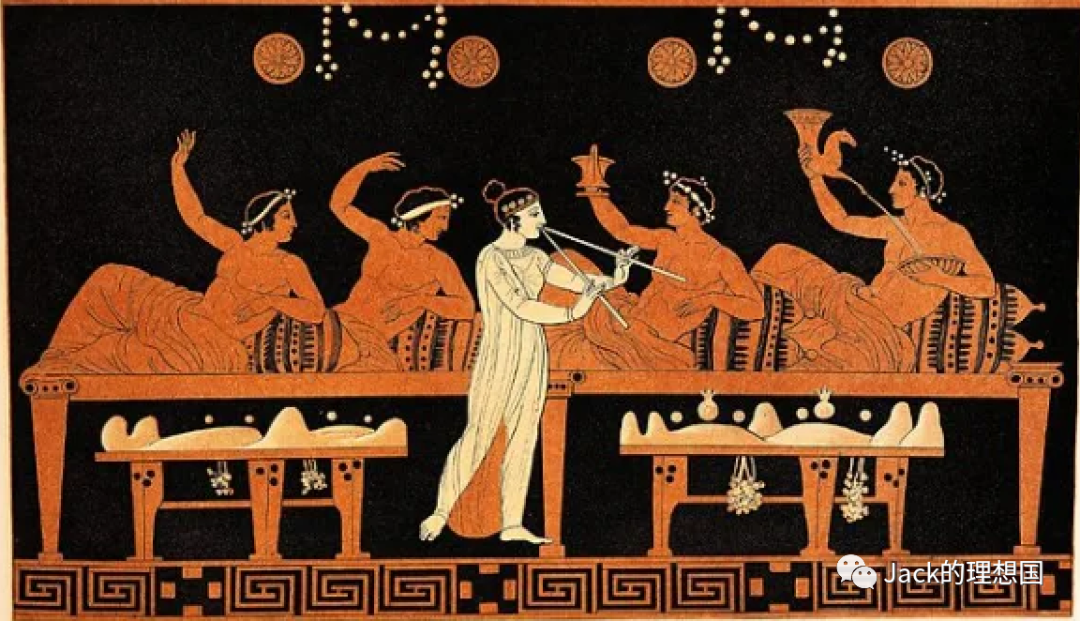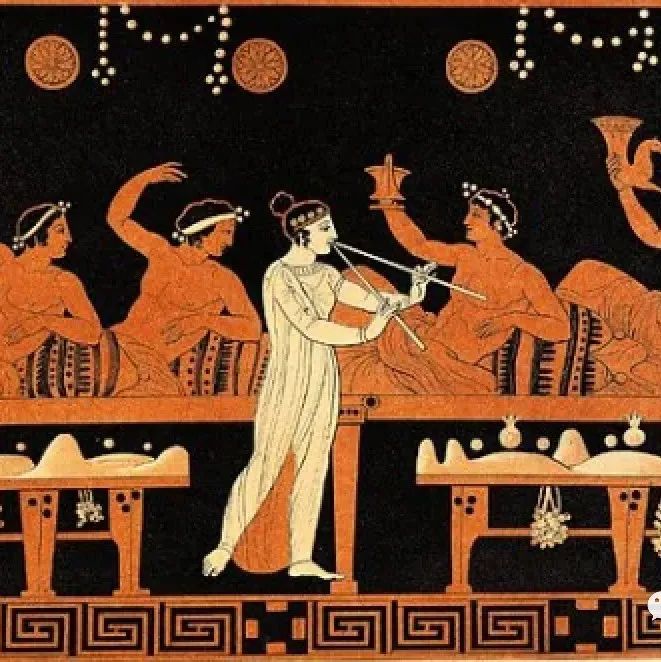On Romantic Love 论浪漫爱情

In today’s societies, the concept of “love” has become increasingly complex. In particular, teenagers have gradually regarded love as indispensable. Around us, it is not uncommon to see adolescents clasping hands or even conducting intimate physical interactions such as kissing in public spaces. I notice, especially with my adolescent peers in a relationship, that they like to label their love stories as “romantic.” While I do respect people’s passions and efforts for each other in a relationship, I would want to argue that the term “romantic love” itself perhaps means more than physical or emotional intimacy. Romantic love involves a pursuit of higher beauty that lies in wisdom and values; romantic love involves purifying and beautifying souls, not just adoring each other’s bodies or even personalities; romantic love needs passion, but above all, restraint at all times, to be long-lasting. I believe these three features most directly draw the boundaries of romantic love and should be considered when people decide whether to classify their relationships as “romantic.”
First and foremost, romantic love involves a pursuit of higher, truer beauty. This beauty can only be found when both males and females use philosophical and critical thinking to seek wisdom and values. The term “romantic” should be distinguished from sexual or physical attractiveness because the appreciation of physical beauty (physical beauty is the kind of beauty that can be felt with human physical senses, such as seeing, hearing, etc.) itself does not constitute the whole of romance and love. To put “romantic love” in philosophical words, it is the pursuit of ultimate beauty and excitement. “Romance” by definition implies a deeper bond of affection that transcends the simple adoration of the particularities of each other’s physical bodies. Physical beauty is not the ultimate beauty; it is instead relatively superficial. It only pricks one’s senses and not one’s mind. If one falls in love with another for the sole reason that the other has excellent appearances, then their love cannot be typically called “romantic”, and can only be called a shallow physical attraction. To enter the realm of authentic romance, both people must attempt to gain more fundamental and profound insights and fundamental beliefs that guide or motivate decisions. Following this gain in wisdom and value, love pricks not the senses anymore but the mind, and the pursuit of the ultimate beauty becomes possible.
Further, romantic love involves purifying souls, making them more beautiful. There are two types of beauty for a person: the beauty of the body and the beauty of the soul. If the goal of a relationship is to appreciate and enhance the beauty of the body, then the love is certainly not romantic. The beauty of the body only belongs to its holder and cannot impact others or the world at large. On the other hand, the beauty of the soul can be transferred and influential. For example, a courageous soul can move others to be courageous; a kind, compassionate soul can move others to be kind, compassionate. In romantic love, people need to try to link each other’s souls, not just the body, because it is ultimately the beauty of the soul that matters to the deep richness and sweetness of love. To purify the soul, a person must again seek their values of life that make the soul beautiful through philosophical thinking and communicate them to their partner, achieving romance in the process. One can view this argument in relationship with one of the arguments made by French philosopher Beauvoir, which is that love is a great friendship. In a friendship, both people should grow and blossom mutually due to the influence of each other. In romantic love, both souls should be beautified through philosophy and communication.
Finally, romantic love involves passion and, more importantly, restraint, to meet longevity. To be romantic, I believe reason and calmness are indispensable. A thought-provoking analogy would work quite perfectly here. In a previous article, I discussed the most hazardous moment for an individual by quoting Herodotus’ Histories. Croesus was the last ruler of the prospering Lydian Empire that dominated the Eastern Mediterranean during the 600s and 500s B.C.E. He owned vast amounts of wealth in his palace and was living a lavish and materially happy life. His immense wealth, power, confidence, and arrogance blinded him. Unfortunately, he was unable to detect the warnings given by the Greek philosopher Solon and the Oracle of Delphi. Eventually, Croesus over-confidently pushed the empire and his extravagant life to their doom by proactively attacking Cyrus the Great’s Persian army, leading to no avail. Perhaps, when the Persians captured him, he realized that the most hazardous moment appeared at the height of a seemingly happy and fulfilled life, as the happiness, fulfillment blinded his mind. This story means a lot in romantic love. Especially during the starting stages of a relationship, “temperatures” can rise quickly between the couple, and it is easy for both to be sucked unconsciously into the passionate and satisfying romance. Like Croesus, once the couple starts to enjoy the dazzling passion and happiness of the relationship, they are prone to lose their caution and reason. They might be unable to see the hazards or warning signs ahead of their relationship and can readily disregard the severities of reality. They can shelter themselves in a fairytale-like world and pretend to live in a blissful utopian setting. Given how unpredictably harsh the real world and human nature are, these are dangerous acts. A romantic relationship can thus end when both people are indulging themselves too much in the pleasures of love, unaware that the necessary reason, calmness to sense obstacles ahead are gone. To make sure romance lasts, both individuals have to be self-restrained and sober at times to pass challenges together safely.
Overall, romantic love requires a pursuit of higher, truer beauty that lies in insight or values, the effort to beautify souls, and reason and restraint amidst passion. To meet all these requirements, in a general sense, people aiming for romantic relationships should think about finding wisdom and the fundamental values in life and carry along an honest, passionate heart.

在今天的社会中,"爱 "这个概念已经变得愈发复杂。在年轻的人的群体中,爱情尤其逐渐成为生活不可缺少的一部分。在我们身边,我们经常可以看到青年们紧握双手,甚至在公共场所进行亲密的身体互动,如接吻。我个人注意到,尤其是我那些处于恋爱中的青少年同龄人,他们喜欢把他们的爱情故事贴上 "浪漫 "的标签。我确实尊重人们在一段关系中对彼此的热情和努力,但我想说的是,"浪漫的爱 "这个词本身也许意味着比身体或情感上的亲密关系更多的元素。浪漫的爱涉及到对更高的美感的追求,这种美感存在于智慧和价值观中;浪漫的爱涉及到净化灵魂,而不仅仅是爱慕对方的身体甚至个性;浪漫的爱需要激情,但最重要的是要随时克制,方能长久。我认为这三个特点最直接地划定了浪漫爱情的界限。当人们决定是否将他们的关系归为 "浪漫 "时,应该考虑到这三点。
首先,浪漫的爱情涉及对更高、更真实的美的追求。这种美只有在男性和女性都使用哲学和批判性思维来寻求智慧和价值时才能找到。"浪漫 "一词应与性或身体的吸引力区分开来,因为对身体之美的欣赏(身体之美是那种可以用人类身体感官感受到的美,如视觉、听觉等)本身并不构成浪漫和爱情的全部。用哲学的话来说,"浪漫的爱 "是对终极美和刺激的追求。根据定义,"浪漫 "意味着一种更深层次的感情纽带,它超越了对彼此肉体的特殊性的简单欣赏或崇拜。身体之美不是终极之美,而是相对表层的。它只能刺激人的感官,而不是刺激人的大脑、理性与心灵。如果一个人爱上另一个人的唯一原因是对方有很好的外表,那么他们的爱不能被典型地称为"浪漫",而只能被称为表层的肉体之间的吸引。要进入真正的浪漫境界,两个人都必须试图获得更根本和深刻的见解,以及指导或激励决策的基本或根本信念。在这种智慧和价值的获得之后,爱情刺激的不再是感官,而是心灵,对终极美的追求也因此成为可能。
进一步说,浪漫的爱情涉及到净化灵魂,使其更美。对一个人来说,有两种类型的美:身体的美和灵魂的美。如果一段关系的目标仅仅是欣赏和提高身体的美,那么这种爱肯定不是浪漫的。身体的美只属于它的持有者,不能对他人或周围世界产生影响。另一方面,灵魂的美是可以转移和影响的。例如,一个勇敢的灵魂可以唤起另一个灵魂变得勇敢;一个善良、有同情心的灵魂可以唤起另一个灵魂变得善良、有同情心。在浪漫的爱情中,人们需要努力链接对方的灵魂,而不仅仅是身体,因为最终是灵魂的美才对爱情的深刻、丰富和甜蜜至关重要。为了净化灵魂,一个人必须再次通过哲学思考寻求自己的人生价值,使灵魂美丽,并将其传达给伴侣,在这个过程中实现浪漫。人们可以把这个论点与法国哲学家波伏娃的一个论点联系起来看,那就是爱情是一种伟大的友谊。在友谊中,两个人都应该由于对方的影响而相互成长和开花。在浪漫的爱情中,两个人的灵魂都应该通过哲学和交流得到美化。
最后,浪漫的爱情涉及激情,更重要的是需克制,以长久。要做到浪漫,我相信理性和冷静是不可缺少的。一个发人深省的类比在这里会相当完美地发挥作用。在之前的文章中,我引用了希罗多德《历史》中的一个故事,讨论了一个人最危险的时刻。克罗伊索斯是繁荣的吕底亚帝国的最后一位统治者,吕底亚帝国在公元前600年和500年期间统治着东地中海。他的大量财富、权力以及他的自信和傲慢蒙蔽了他。他无法察觉希腊哲学家梭伦和德尔斐神谕所发出的警告。最终,克罗伊索斯过于自信地将帝国和他奢侈的生活推向了末日,主动攻击居鲁士大帝的波斯军队,最终惨败。也许,在他被波斯人俘虏的那一刻,他意识到最危险的时刻出现在了看似幸福美满的生活的顶峰时期,因为幸福、美满蒙蔽了他的心灵。这个故事在浪漫的爱情中意义重大。特别是在一段关系的开始阶段,爱人之间的 "温度 "会迅速上升,双方很容易不自觉地被吸进充满激情和满足的浪漫中。像克罗伊索斯一样,一旦这对爱人享受着这段关系中令人眼花缭乱的激情和幸福,他们很容易失去谨慎和理性。他们可能无法看到他们关系前面的危险或警告信号,可以轻易地无视现实。他们可以把自己庇护在一个童话般的世界里,假装生活在一个幸福的乌托邦环境中。鉴于现实世界和人性是多么不可预测和严酷,采取这些行为是危险的。因此,当两个人都过于沉溺于爱情的乐趣,而不知道理性、冷静对于感知前方障碍的必要时,一段浪漫的关系就会最终结束。为了确保浪漫的持久性,两个人都必须时常自我克制,保持清醒,这样他们才能一起安全地通过挑战。
总的来说,浪漫的爱情需要追求更高的、更真实的,存在于洞察力或价值观的美,需要努力净化灵魂,需要在激情中保持理性和克制。为了满足所有这些要求,在一般意义上,追求浪漫爱情的人应该考虑寻找智慧和生活中的基本价值,并带上一颗真诚、炙热的心。
- 本文标签: 原创
- 本文链接: http://www.jack-utopia.cn//article/414
- 版权声明: 本文由Jack原创发布,转载请遵循《署名-非商业性使用-相同方式共享 4.0 国际 (CC BY-NC-SA 4.0)》许可协议授权










